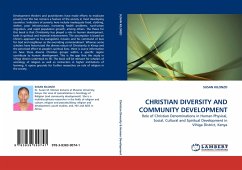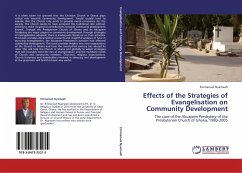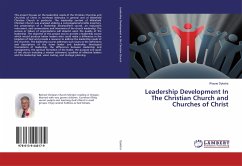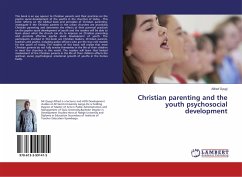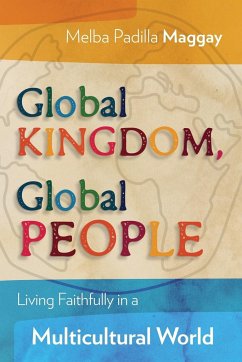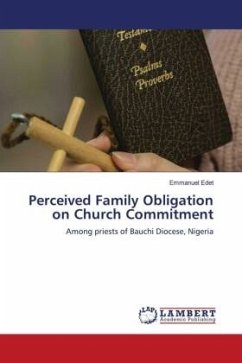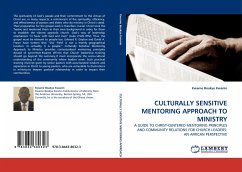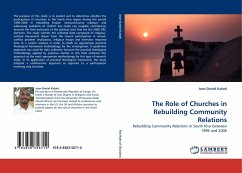Development thinkers and practitioners have made efforts to eradicate poverty but this has remains a feature of the society in most developing countries. Indicators of poverty here include inadequate food, clothing, shelter, poor infrastructure, increasing health problems, rural-urban migration, and rapid population growth, among others. The thesis for this book is that Christianity has played a role in human development, both in spiritual and material enhancement. The assumption is based on Christ's approach to his evangelistic mission and his command of love for God and neighbour as the overriding commandment. Whereas some scholars have historicized the diverse nature of Christianity in Kenya and the perceived effect to people's spiritual lives, there is scarce information on how these diverse Christian groups within a specific region contribute to human development. This is the gap that the study in Vihiga district undertook to fill. The book will be relevant for scholars of sociology of religion as well as instructors in higher institutions of learning. It opens grounds for further researches on role of religion in the society.

